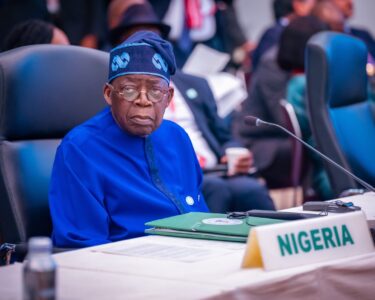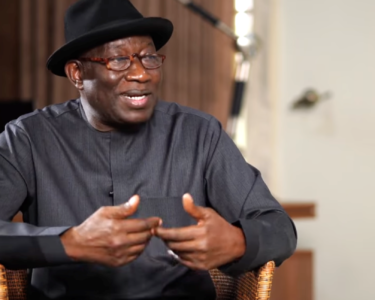Welfare Complaints
Seven Nigerian police officers charged with mutiny, fueling national debate on reform
Summary
- Officers accused of mutiny after discussing poor pay and conditions
- Activists decry crackdown as suppression of legitimate dissent
- Upcoming protest, low salaries, and stalled reforms deepen tensions in the force
Abuja, Nigeria – Seven officers of the Nigerian Police Force have been formally charged with mutiny following their detention for reportedly discussing welfare concerns, including poor remuneration and pension conditions. The charges, confirmed by Deputy Inspector-General Benjamin Nebolisa Okolo of the Force Intelligence Department, have sparked widespread criticism from human rights advocates and civil society groups, who view the move as a troubling escalation against internal dissent.
The officers, whose identities remain undisclosed, were allegedly arrested for holding private discussions about their salaries, living standards, and retirement benefits, issues that have long plagued the force. The legal implications are serious, as mutiny under Nigerian law carries the risk of dismissal and significant prison time.
Human rights groups argue that charging officers for merely voicing workplace concerns sends a chilling message to others. “To label this as mutiny is a blatant attempt to silence them and discourage any collective action for improved welfare,” said Dr. Ngozi Okoro, a noted human rights advocate. “This is an outrageous abuse of power.”
Prominent activist Omoyele Sowore amplified the issue on social media, linking it to broader dissatisfaction in the force. He claims rank-and-file officers are planning a nationwide protest on July 21, 2025, to demand a new minimum monthly salary of ₦300,000. Current wages reportedly range between ₦43,000 and ₦140,000, which critics say are inadequate given Nigeria’s 24% inflation rate and high cost of living.
The arrests have also renewed scrutiny of the slow pace of police reforms promised under the Police Act of 2020 and the Nigeria Police Trust Fund. Although Inspector-General of Police Kayode Egbetokun has publicly reiterated his commitment to officer welfare, critics argue that such statements have yet to produce meaningful changes on the ground.
Not all reactions have supported the officers or the proposed protest. The Coalition of Civil Society Organisations for Good Governance has condemned Sowore’s encouragement of police demonstrations, citing Section 4 of the Police Act, which prohibits police officers from participating in protests. The group warned that such actions could compromise national security and accused Sowore of political opportunism.
This divide reflects a larger tension in Nigeria’s policing landscape: the clash between institutional discipline and the rights of officers to advocate for better working conditions. As legal proceedings against the seven officers unfold, the case continues to fuel the ongoing national debate on law enforcement reform, officer welfare, and the limits of acceptable dissent within Nigeria’s security services.







